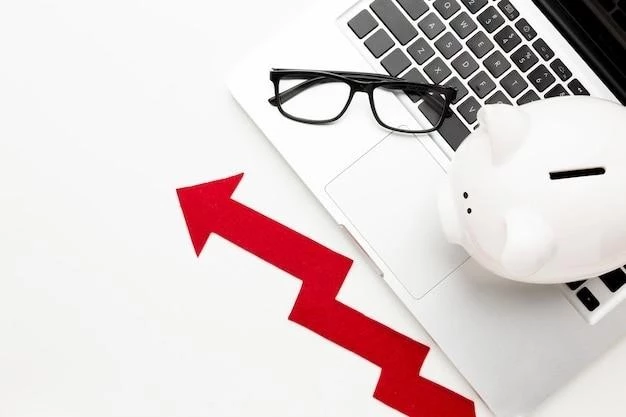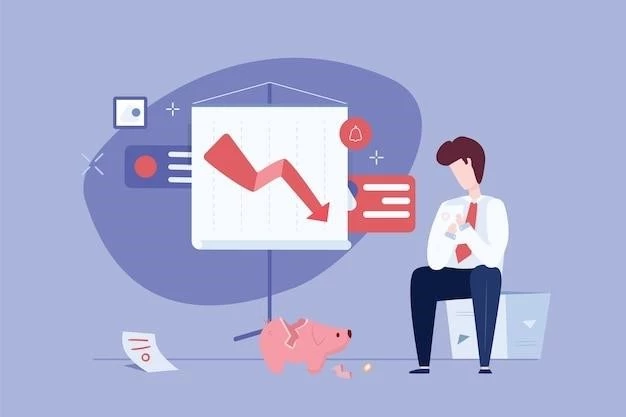As someone who has worked in various industries‚ from construction to office settings‚ I’ve seen firsthand the impact of workplace accidents. The economic cost of work-related deaths is a sobering reminder that safety should always be a top priority.

The Human Cost
Beyond the statistics and figures‚ each work-related death represents a human life lost—a parent‚ child‚ friend‚ or colleague. The emotional toll on families‚ friends‚ and coworkers is immeasurable. I’ve witnessed the grief and despair that follows such tragedies‚ and it’s a stark reminder of the human cost of workplace accidents.

The Financial Burden
The economic impact of work-related deaths is staggering. According to the International Labour Organization (ILO)‚ work-related accidents and illnesses result in an annual loss equivalent to 4% of the global Gross Domestic Product (GDP). This translates to trillions of dollars lost each year.
Direct Costs
Direct costs associated with work-related deaths include:
- Medical expenses: Treatment for fatal injuries can be incredibly expensive‚ even more so if long-term care is required before death.
- Insurance payouts: Workers’ compensation insurance provides benefits to the families of workers killed on the job.
- Lost wages: The deceased worker’s family loses their primary source of income.
- Funeral expenses: The cost of funerals can add a significant financial burden to grieving families.
Indirect Costs
Indirect costs‚ which are often harder to quantify but equally significant‚ include:
- Lost productivity: When a worker dies‚ their skills and experience are lost to the company‚ leading to decreased productivity.
- Training new employees: Hiring and training replacements for deceased workers requires time and resources.
- Lowered morale: Workplace deaths can devastate employee morale‚ leading to decreased productivity and increased absenteeism;
- Legal expenses: Families may file lawsuits against the company‚ leading to significant legal expenses.
- Damage to reputation: Workplace deaths can severely damage a company’s reputation‚ making it difficult to attract and retain employees and customers.
My Experience
While I haven’t personally lost a close colleague to a workplace accident‚ I’ve seen how even minor incidents can have ripple effects. I once worked at a construction site where a worker fell from a ladder and broke his leg. It was a relatively minor injury compared to a fatality‚ but it still impacted everyone. The site shut down for investigation‚ work was delayed‚ and there was a palpable sense of fear and anxiety among the crew. It made us all hyper-aware of the potential dangers and the importance of following safety protocols.
The Importance of Workplace Safety
This experience‚ along with the staggering economic cost of work-related deaths‚ highlights the critical importance of workplace safety. Companies must prioritize the well-being of their employees by:
- Implementing and enforcing strict safety protocols
- Providing adequate safety training and equipment
- Creating a culture of safety where employees feel empowered to report hazards
- Investing in regular safety inspections and audits
- Learning from past incidents and implementing corrective actions
Conclusion
The economic cost of work-related deaths is a stark reminder that safety is not just a moral imperative but also an economic necessity. By prioritizing workplace safety‚ businesses can protect their most valuable asset—their employees—and contribute to a more sustainable and prosperous future for everyone.










